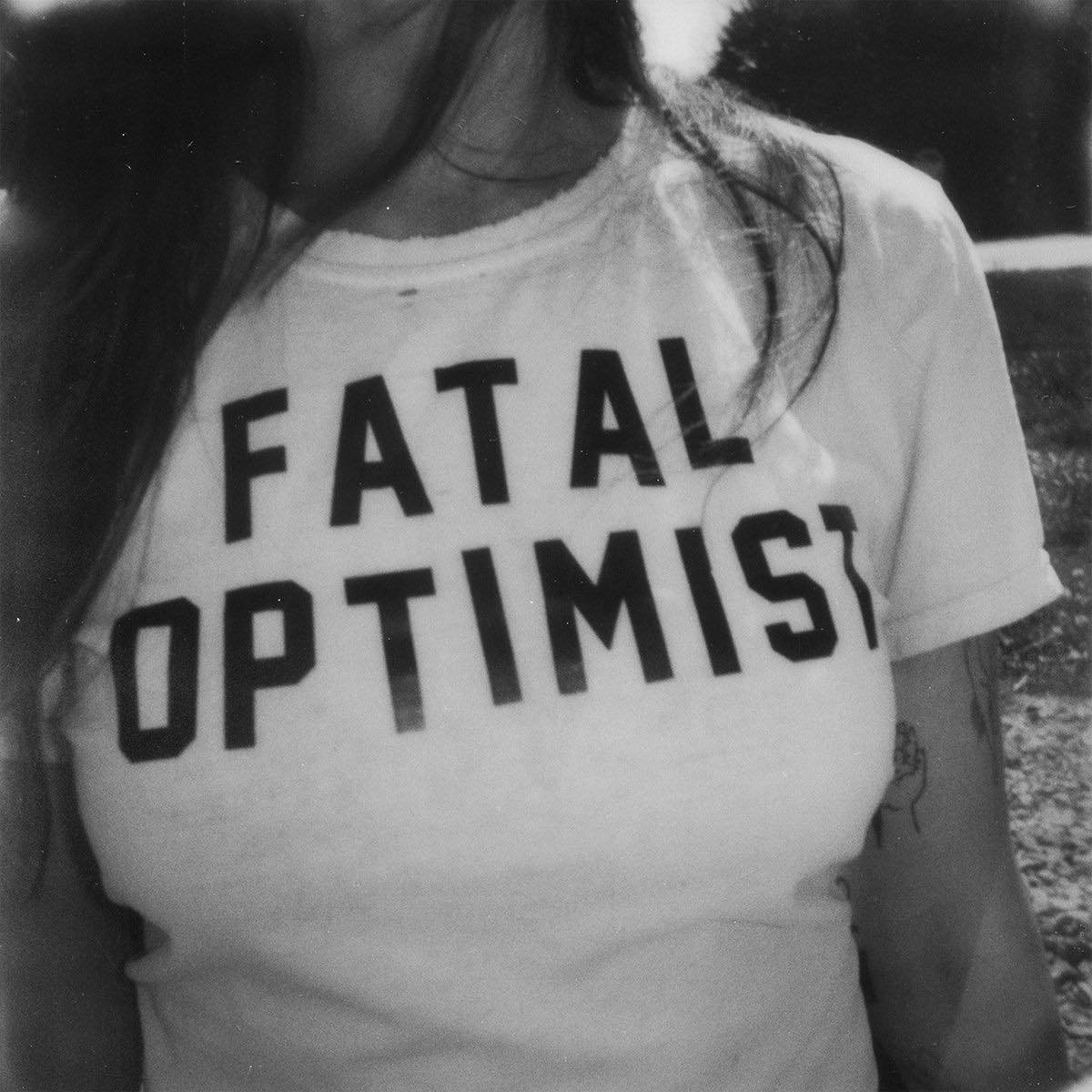Madi Diaz
Fatal Optimist
ANTI-
In February 2024, Madi Diaz released her sixth album, Weird Faith. One of the best of that year, it was a record about the hope and optimism of new love, as well as the fear that comes with allowing yourself to be vulnerable and 100 percent yourself when that person finally arrives in your life. It was inspired by Diaz finding herself in that situation, and was a heartwarming expression of her desire to make it to work.
Sadly, it didn’t. Nearly two years on from Weird Faith, the songwriter—whose profile as an artist was heightened significantly after she supported Harry Styles on tour in 2023 and was then asked by him to be one of his backing singers—has returned with Fatal Optimist. In much the same way that that previous record was a sophisticated and emotional response to the fears and uncertainty that inspired it, these 11 songs are a delicate and profound expression of the emotions unleashed when those fears ultimately came true.
When they did, Diaz began work on this record with Gabe Wax, an LA-based producer and mixer who’s worked with such disparate artists as Soccer Mommy and Jean Dawson. The pair managed to magnify the empty heart at the center of these recordings: More stripped-down and less polished than Weird Faith, it almost feels like the 39-year-old is playing these sad, raw, plaintive songs—which consist of very little instrumentation beyond Diaz and her guitar—in the very same room. It’s intimate, honest, and immediate, sad yet still catchy. In fact, these are probably her catchiest songs to date.
Opener “Hope Less” and “Ambivalence” are both prime examples of that tension, arriving before the desperate, confessional tenderness of “Feel Something” ups the ante even more. It’s a set-up for a harrowing emotional journey that never once lets up. On “Good Liar,” Diaz sounds as if she’s on the verge of breaking down, while “If Time Does What It’s Supposed To” is a quiet plea for healing that sounds more hopeless than hopeful, and becomes all the more heartbreaking for it. Similarly, “Why’d You Have to Bring Me Flowers” tackles sadness through the truth of subtle humor, something which only exacerbates the hurt that drives the song and, ultimately, this whole album.
Despite the more upbeat nature of the title track that closes this collection—“I hate being right,” Diaz sings throughout, and you can really feel that she’s fed up with it—Fatal Optimist is a brutally honest examination of a broken heart, its damaged pieces further flayed on the dissection table but still fully bleeding out. Perhaps Madi Diaz does hate being right, but had she not been, this record wouldn’t exist.







